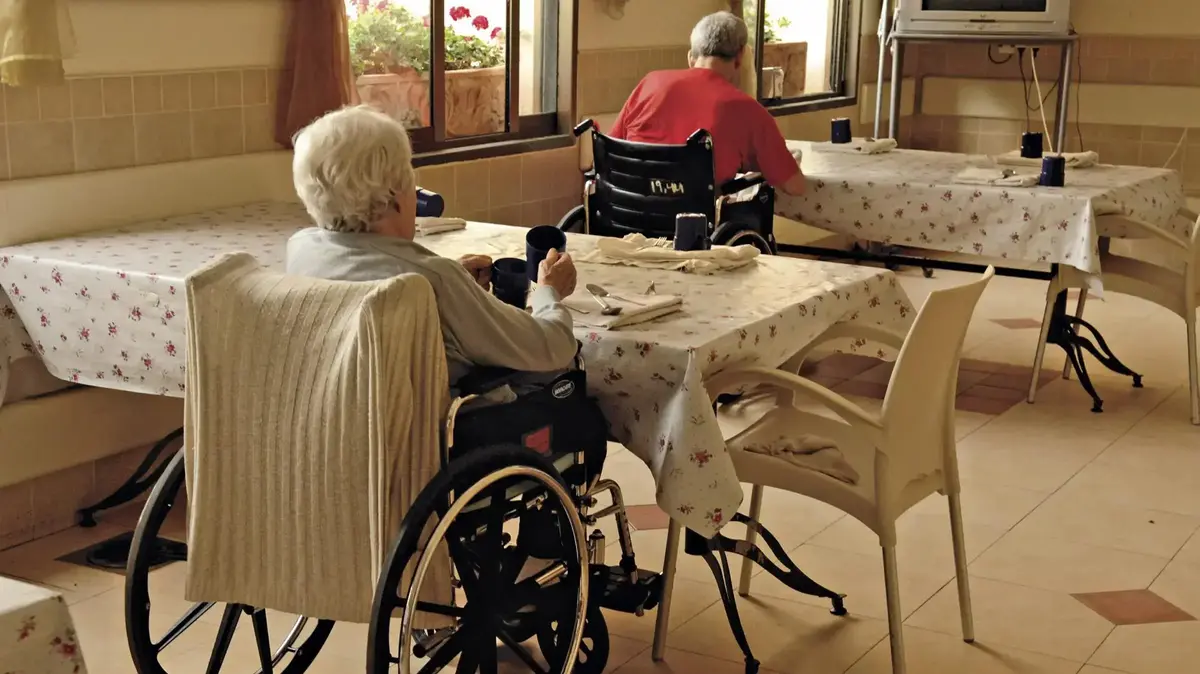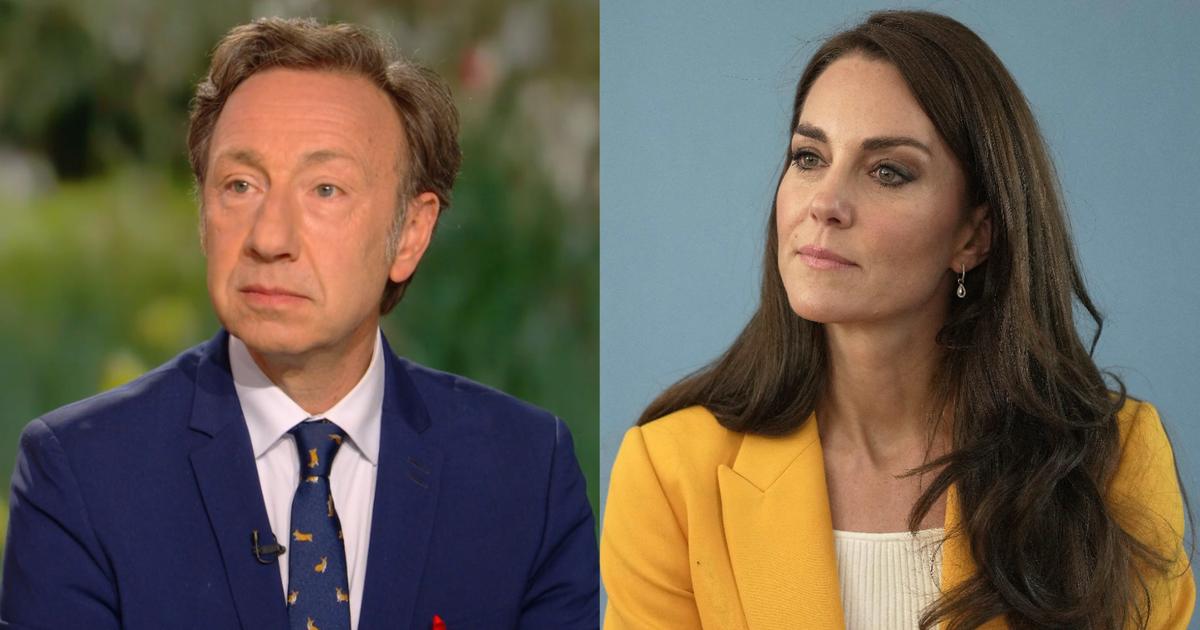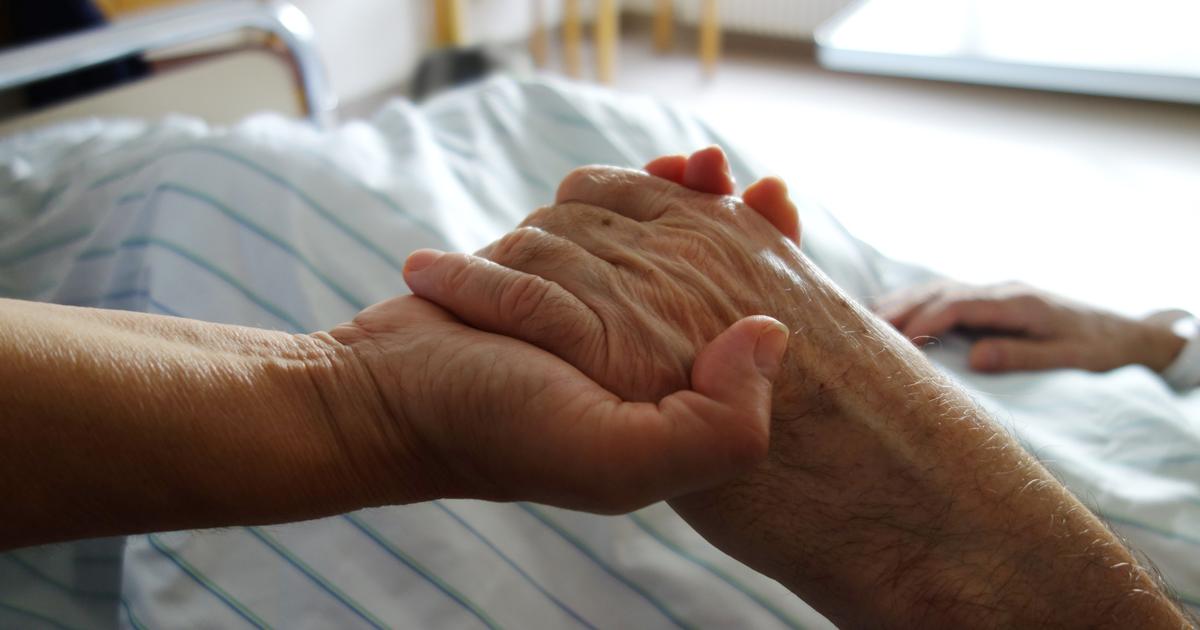Death Coffee: The Voluntary Death Debate is Silenced.
It's time to break the taboo
Life expectancy has increased and with it the duration of the suffering of some of us from various diseases.
Although this problem is becoming more and more topical, the discussion of it and euthanasia is barely present, and this is even if, if you check, you realize that the majority in Israel supports legislation that would allow them.
"Like the abortions in the USA, here too we are responsible for our bodies"
Hess song
05/08/2022
Friday, August 5, 2022, 4:08 p.m
Share on Facebook
Share on WhatsApp
Share on Twitter
Share by email
Share in general
Comments
Comments
A month ago, an elderly man jumped to his death from the fourth floor of my grandparents' sheltered housing.
I found them in their apartment, dejected.
"He came to live here not long ago, we saw him several times - and each time he became more and more emaciated," said grandmother.
Then she pulled out a note they had received in the internal mail of the place, with a modest invitation to come and talk about that "event".
"It's interesting that they talk about it quietly, as if they're afraid we'll find out," she pointedly commented.
And really, "reminding" the elderly about death, and certainly under such circumstances, is something that makes most of us feel uncomfortable.
Fortunately for me or not, my grandmother never spared us conversations about death and her preferences on how she wanted to die.
"It makes me so angry," she said for the umpteenth time, "that an old man like me, who has lived his life and enjoyed it - and you can't say I didn't enjoy it - if he decides he wants to end it without suffering, without becoming a burden, Without becoming demented - he can't.
Of course she didn't stay obliged.
She repeatedly raised the issue in their elders' meeting, and reported to me: "Almost everyone I spoke to agrees with me on this matter."
It's strange that a topic like death comes up in the news on a daily basis, but there it is received by us sometimes even with indifference, and in contrast, when we have to talk about it specifically with their own people it is the most touching, like the elderly, so we have trouble finding the words.
This was the case, for example, when I contacted a nursing home for this article.
The principal asked me not to contact the elderly on this matter.
"Death is too difficult a subject, you don't know how a person will react after a conversation like this, and after you're gone, we'll be the ones who have to pick up the pieces," she told me.
"This phenomenon is becoming more and more topical" (Photo: ShutterStock)
More in Walla!
final destination
The Netherlands has extended the law regarding euthanasia to dementia patients
Saving from the first moment: how to start saving in four simple steps
"An elderly person like me, who lives his life and enjoys it - and you can't say that I didn't enjoy it - if he decides he wants to end it without suffering, without becoming a burden, without becoming demented - he can't. He is powerless"
Life expectancy in Israel is one of the highest in the world, when as of today the average age a woman reaches in Israel is 85 and the average age a man reaches is 81. Longevity is seen as an ideal, but here a "small" problem has arisen.
On the one hand, science and medicine helped us to prolong life, and on the other hand, in the same way, they also succeeded in prolonging the suffering of some of us.
If until a few decades ago people would die from infectious diseases within a few days to weeks, today they manage to "carry" these diseases and sometimes even terminal diseases for many years, when in many cases this is accompanied by great suffering.
For some of us this new arrangement is suitable, but for others - not in any situation.
Because if you take into account in such a long life physical suffering, loss of ability to communicate with the environment, lack of independence and burden on family members and the community, many of us tend to agree that it is no longer so attractive.
And so, the question about the importance of the quality of a person's life joins the other questions that modern life prompts us, and not just.
"This phenomenon is becoming more and more topical," affirms Prof. Yaakov Bachner, head of the graduate program in gerontology at the School of Public Health at Ben Gurion University of the Negev.
"My students tell me all the time - 'Yes, my grandmother suffers too, my uncle too, my neighbor too'... The geriatric hospitals illustrate this best. You can't escape it. It's something that will increase as life expectancy increases" .
In Israel today there is almost no solution to this situation.
In 2005, the Knesset approved the Dying Patient Law, which allows not to prolong the life of a terminally ill patient if he ordered not to do so.
In this situation, actions that would prolong his life, such as resuscitation, chemotherapy and surgery, are avoided.
However, the law does not provide an answer for patients who are estimated to live more than six months.
For example, Alzheimer's patients can live for many years, during which their cognitive and physical condition is extremely poor.
Prof. Bachner and his partner Prof. Sara Carmel decided to take my grandmother's assumption one step further, and conducted a study examining the attitudes of old people regarding active euthanasia.
Unlike passive euthanasia, in this euthanasia actions are taken to shorten the patient's life, if he requested it.
They tested two options for such death: in the first option, the doctor would perform the death, for example by giving a higher dose of a drug.
In the second option, which is suicide by a doctor, the patient takes his fate in his own hands.
The doctor gives him a lethal drug, and the patient himself decides what to do with it - to take it or not to take it.
More in Walla!
The disengagement plan: the demand for euthanasia in Israel is skyrocketing
To the full article
"The more pious a religious person is, the greater his opposition to euthanasia."
Prof. Bachner (photo: official website, photo: Danny Michalis)
57% of participants supported legislation that would allow people to perform active euthanasia;
47% of the participants supported the possibility of suicide through a doctor;
56% of the participants answered that both methods are equally acceptable to them
The sample they conducted included 501 elders aged 75 and over from all over the country.
These were asked in two ways, directly and indirectly, whether they were for or against active euthanasia, and whether they were for or against physician-assisted suicide.
The findings of the study revealed that 57% of the participants supported legislation that would allow people to perform active euthanasia, meaning that a doctor would be allowed to kill the patient if he requested it.
47% of the participants supported the possibility of suicide through a doctor.
56% of the participants answered that both methods are equally acceptable in their eyes for ending life.
That is, more than half of the respondents supported legislation that would allow a person to end their life if they wanted to.
The most important variable that explained a participant's support or opposition to both forms of euthanasia was his level of religiosity.
The more religious the old man declared himself to be, the more he opposed euthanasia.
Which is not so surprising, considering that the "sanctity of life" is a supreme value for religious people.
"This finding is consistent with previous studies done in Israel and around the world," says Bachner.
"You see this in all religions, including Judaism, Christianity, and Islam. Of course, there are differences in the various currents in each religion, but the general rule is that the more pious a religious person is, the greater his opposition to euthanasia. There is a conflict here between the value of the sanctity of life and autonomy personal of the person on his body".
Bachner emphasizes that the sample they compiled was a convenience sample, and not a representative sample, and more people who define themselves as religious were asked in it than their relative share in the population in Israel.
From this, in fact, it can be concluded that in a representative sample of the population in Israel, the percentage of people who support the legislation may be even higher than what is found in the current study.
"Over the years, we see an increase in support for euthanasia in studies conducted in Israel," he says, and I think to myself that this must make grandma happy.
But he is quick to cool my enthusiasm.
"However, we still believe that Israeli society, because of its strong connection to religion, is not yet ripe for dramatic changes in the legislation of the issue," he says.
"That's why we really don't see such legislation in the Knesset, because we can't reach a consensus."
Dogs can help, people don't
Finally I found some older women who agreed to talk to me about the issue.
It was even quite simple, because from the beginning they all participated in a group whose purpose was to discuss the topic of death.
The person who moderated the group, Dr. Sonia Pao, told me that there are other similar meetings, which have been held for a decade across Israel and the world, called "Death Coffee". The purpose of these meetings is to provide a response to dealing with emotional barriers surrounding the preparation for the end of life. The participants who come to them, The elderly, in particular, share their feelings and concerns about the only thing that is certain in the life of each of us - the end of life.
"The conversation with the elderly about death does not exist enough in Israel and is not developed," says Dr. Pau, who is a social worker and lecturer at the University of Haifa. "There is excessive caution, too great a fear of hurting older people.
But from my experience, the vast majority are willing to talk about it as soon as you start talking to them, and it's even liberating." She adds, "When people aren't ready to cooperate and talk to their parents about death, I always suspect that behind it is a difficulty in dealing with the issue on their own. More than their desire not to hurt their parents."
At the group's meetings, the women talked about many issues related to death, and naturally also about their preferences on how to end their lives.
"Obviously, I was thinking about a situation where I would have to decide what to do if I end my life in a less pleasant way," Bat Sheva, 75, tells me. What they thought and wanted before. But as of today, I definitely think that there is no point in life when a person reaches a situation where he suffers so much, and becomes a burden, and there is no chance of getting out of it. I think that a person, when he is at his best, should think carefully about whether he wants to be a burden or I don't want to, and prepare accordingly."
"I definitely think that there should be an option for a person who wants to end his life," also says Judith, 80. "It's a shame that there is no euthanasia in Israel. We have the option to help dogs, people don't. My sister's mother-in-law was unconscious in a nursing home for 12 years. They turned her around Every day from side to side. Why is it good, besides keeping a bed? Death doesn't scare me, I'm just worried that I'll have to suffer before."
"Not long ago, the country was buzzing about abortions in the United States," says another participant in the group, 78 years old. "But it's actually the same issue in my eyes. Our responsibility for ourselves and our bodies. A person should have the right to decide to end his life if he is suffering."
"The conversation with the elderly about death does not exist enough in Israel and is not developed."
Dr. Pao (photo: courtesy of those photographed)
"In my opinion, euthanasia is something that must enter into the discourse of humanity, because people live many years, but they don't always live a good life," said Kati Benjamin, 69, who spoke to me from Canada, where she is currently taking care of her 94-year-old mother.
She also of course expressed her support for the idea.
"I am against killing people who want to live. I am in favor of allowing those who suffer and want to die, to allow them. How can someone say to another person, 'You will suffer because I believe God wants it'? It doesn't make sense to me."
Only a few countries allow active euthanasia, with the best known example being Switzerland, where quite a few Israelis have already arrived to end their lives.
("But why can't I die in my country?" asks Grandma).
Even in these countries, a debate still arises around the question of where the line crosses when it is allowed to kill people.
Opponents warn against losing control, which will result in the killing of people for whom there is no justification,
The issue is complex, and many questions still need to be asked and examined.
What is certain is that a discussion of them must begin.
When the issue is relevant to such a large part of the population, and when more than half of it sees the need to enact appropriate laws, and when the tools to implement them exist for those who request and need - there is no reason for the discussion to continue to be taboo.
There is no longer any reason to be silent.
news
News in Israel
Society and welfare
Tags
Euthanasia









